ESCI KSP
-
 Neighborhood Greenways in Portland
Neighborhood Greenways in PortlandUnited States - Neighborhood Greenways or Bike Boulevards are residential streets with low volumes of auto traffic and low speeds where bicycle and pedestrians are given priority.
-
 B-cycle Bike Sharing System
B-cycle Bike Sharing SystemUnited States - Denver B-cycle launched on Earth Day 2010. During 2011, riders logged more than 431,817 miles, a nearly 97 percent increase over 2010, according to Denver Bike Sharing executive director Parry Burnap. The program debuted with roughly 400 b
-
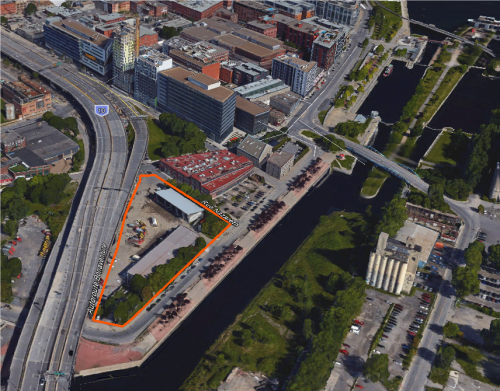 Haleco (Montreal)
Haleco (Montreal)Haleco knows that Reinventing the city takes more than a project, it takes everyone working together. It takes inclusivity, education and realism to make a massive impact, fast. One thing is clear now: we cannot buy or build our way into sustainability, b
-
 Citi Bike Sharing in New York City
Citi Bike Sharing in New York CityUnited States - New York City is introducing Citi Bike in order to provide New Yorkers with an additional transportation option for getting around their city.
-
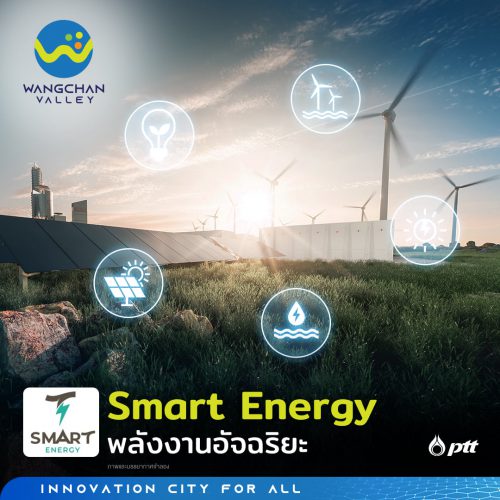 Wangchan Valley Project
Wangchan Valley ProjectWangchan Valley Project is located in Wangchan District, Rayong Province, THAILAND. The project has 3,454 Rai ( approximately 553 Hectares) which is organized by PTT Public Company Limited together with National Science and Technology Development Agency
-
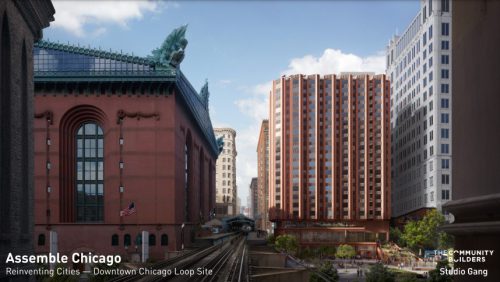 Assemble Chicago
Assemble ChicagoThis site is located in Chicago’s downtown, and is next to Pritzker Park, the State Street historic retail corridor, the City’s main public library branch, multiple higher education institutions, and several transit stations.
-
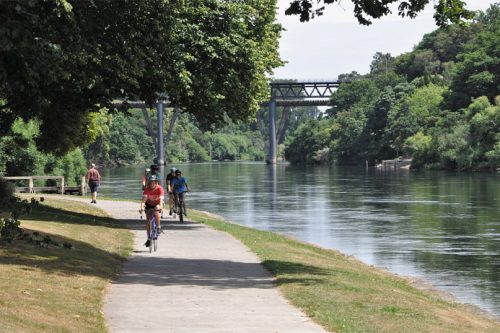 Hamilton-Waikato Metropolitan Plan (MSP)
Hamilton-Waikato Metropolitan Plan (MSP)A startling 64% of Hamilton’s carbon emissions come from transport, and Hamilton City Council has a plan to change that.
-
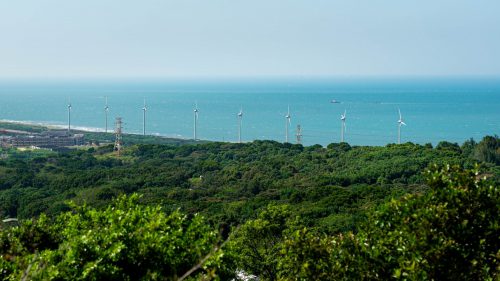 Taoyuan City: Building a Better Future
Taoyuan City: Building a Better FutureTaoyuan’s diverse industrial clusters contribute to the highest industrial output in the country. Vision: To transform Taoyuan into a sustainable, livable, and net-zero city.
-
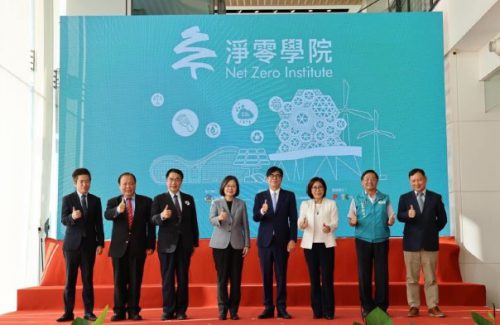 Kaohsiung City II
Kaohsiung City IIKaohsiung City is an industrial city. In 2022, its net greenhouse gas emissions were 52.35 million tons, accounting for approximately 20% of the national (Chinese Taipei) total.
-
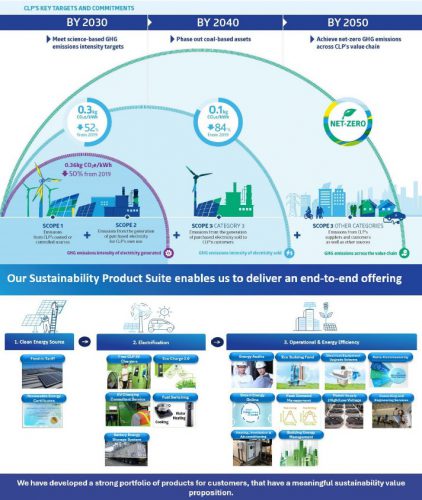 Decarbonisation Journey – Low Carbon Future Utility
Decarbonisation Journey – Low Carbon Future UtilityThis project showcases CLP’s comprehensive and innovative decarbonization strategies to lead the company towards net-zero greenhouse gas emissions by 2050, as outlined in its Climate Vision 2050.
-
 SJ-3 Sister Schools Program
SJ-3 Sister Schools ProgramThe Sister Schools Program was created with the intent of pairing schools throughout the APEC region in order to share energy efficiency techniques. In addition, sister schools will share lesson plans and methods to educate students about energy efficienc
-
 Clean Energy Solutions Center
Clean Energy Solutions CenterThe Clean Energy Solutions Center helps governments design and adopt policies and programs that support the deployment of clean energy technologies.